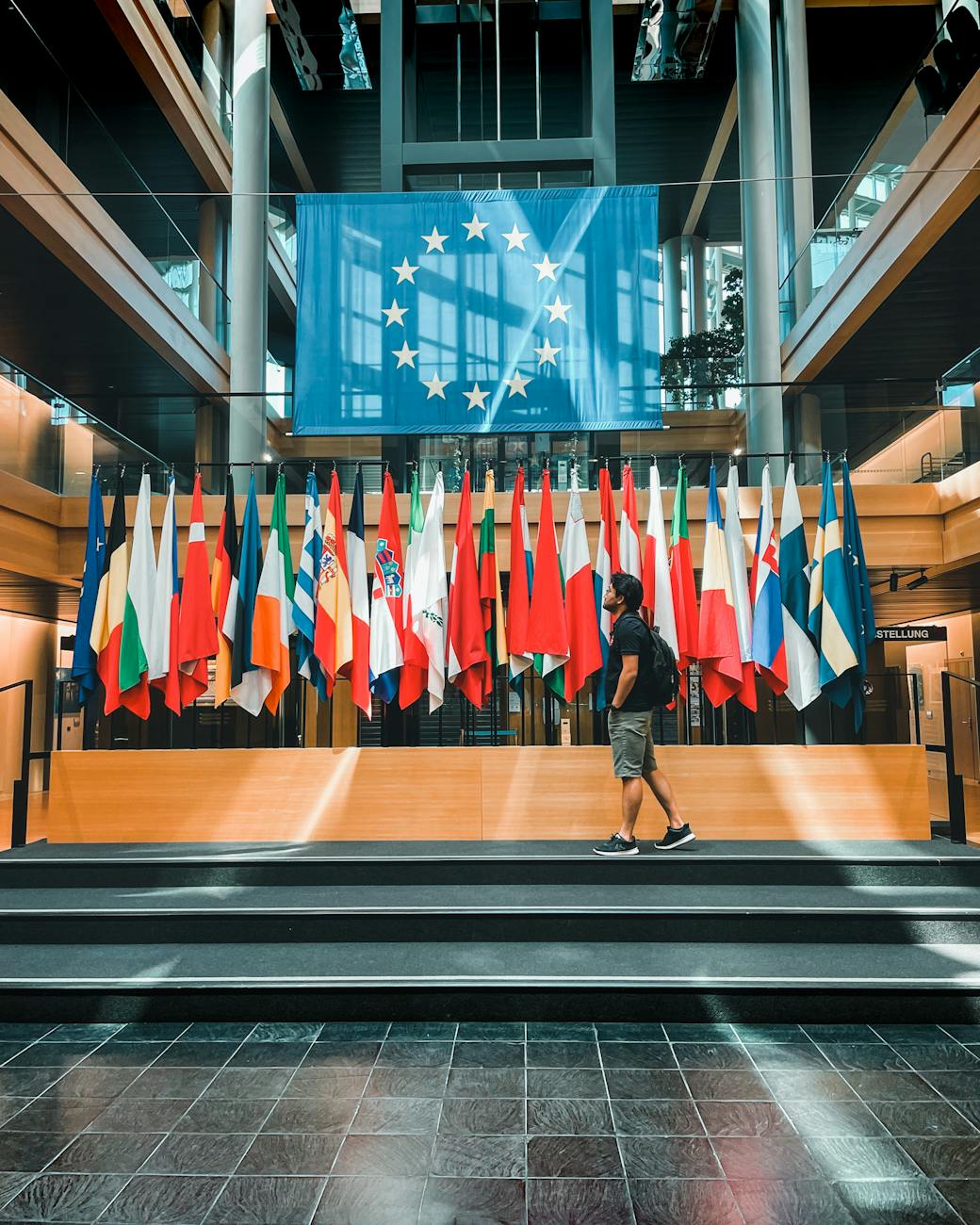The rapidly evolving landscape of crypto-assets has prompted regulatory bodies worldwide to establish comprehensive frameworks to govern these digital assets and related services. One such regulatory framework is MiCA (Markets in Crypto-Assets), introduced by the European Union. For crypto-asset service providers (CASPs) looking to operate within the EU, being MiCA-compliant means adhering to a set of rules and requirements designed to ensure transparency, consumer protection, and market stability. Here’s a detailed look at the key aspects of MiCA compliance:
Scope and Applicability
MiCA’s regulatory umbrella covers a wide range of crypto-asset services within the EU, including exchanges, custodial wallets, trading platforms, and advisory firms. The regulation categorizes crypto-assets into three main types:
- Asset-Referenced Tokens: These include stablecoins backed by multiple currencies or commodities.
- E-Money Tokens: Stablecoins backed by a single fiat currency.
- Other Tokens: This category includes utility tokens and other non-financial tokens.
Authorization and Supervision
CASPs must secure approval from national competent authorities (NCAs) in EU member states before they can offer their services. This regulatory oversight extends to ongoing supervision by authorities such as the European Banking Authority (EBA) and the European Securities and Markets Authority (ESMA). This ensures that CASPs operate within the legal frameworks and maintain compliance with regulatory standards.
Transparency and Disclosure
Transparency is a cornerstone of MiCA compliance. Issuers of crypto-assets are required to submit a detailed white paper to their NCAs. This document must provide comprehensive information about the crypto-asset offerings, including details about the underlying technology, the purpose of the token, and the risks involved. This requirement helps protect consumers by ensuring they have access to all necessary information before investing.
Risk Management and Governance
To ensure the safe and sound operation of their services, MiCA mandates that CASPs establish robust risk management practices and governance structures. This includes implementing systems to identify, assess, and mitigate risks associated with their operations. Effective governance also involves setting up internal controls and procedures to ensure compliance with regulatory requirements.
Consumer Protection
Consumer protection is a critical focus of MiCA. The regulation enforces strict anti-money laundering (AML) and counter-terrorist financing (CTF) measures. CASPs must conduct thorough Know Your Customer (KYC) checks on all clients and implement enhanced due diligence (EDD) procedures for high-risk customers. These measures are designed to prevent illicit activities and protect consumers from fraud.
Stablecoin Regulations
MiCA introduces specific requirements for stablecoin issuers, aimed at ensuring financial stability and consumer confidence. Issuers must maintain sufficient reserves to back their stablecoins and implement proper risk management practices. A notable example of this is Circle’s USDC and EURC stablecoins, which have achieved MiCA compliance, showcasing their commitment to regulatory best practices.
Ecosystem Monitoring
To maintain compliance with MiCA, CASPs may need to implement ecosystem monitoring capabilities. This involves tracking and managing risks associated with their offerings, ensuring that they can quickly respond to any emerging threats or regulatory changes. Continuous monitoring helps CASPs stay compliant and maintain the integrity of their operations.
Conclusion
By adhering to MiCA’s comprehensive regulatory framework, crypto-asset service providers can legally operate within the European Union while providing consumers with greater protection and confidence in the crypto market. For investors and consumers, MiCA compliance signals a commitment to transparency, security, and regulatory best practices. As the crypto landscape continues to evolve, staying informed about regulatory developments and ensuring compliance will be crucial for all stakeholders involved in the digital asset space.
Stay connected with Invest Offshore for the latest insights and updates on global financial regulations and their impact on the crypto market. Our team of experts is here to help you navigate these changes and optimize your investment strategies.
Invest Offshore is dedicated to providing you with timely and relevant information on global financial trends. For personalized advice and strategies, contact our team of experts today.

Leave a Reply